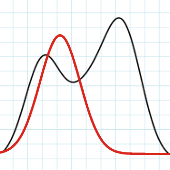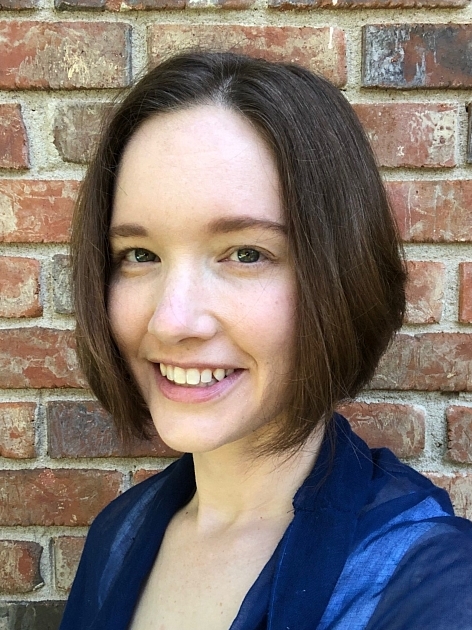 Oops—you ran the analysis you planned to run on your data, carefully chosen to answer your research question, but your residuals aren’t normally distributed.
Oops—you ran the analysis you planned to run on your data, carefully chosen to answer your research question, but your residuals aren’t normally distributed.
Maybe you’ve tried transforming the outcome variable, or playing around with the independent variables, but still no dice. That’s ok, because you can always turn to a non-parametric analysis, right?
Well, sometimes.
The term “non-parametric” has come to imply that we don’t need to make any assumptions about the specific distribution of our residuals, but it certainly doesn’t mean that there are no assumptions at all.
 If you are interested in learning more about appropriate occasions for non-parametric tests, how they work, and the conclusions that we can draw from them, please join us.
If you are interested in learning more about appropriate occasions for non-parametric tests, how they work, and the conclusions that we can draw from them, please join us.
We will cover simple rank-based tests (such as the Mann-Whitney U test and the Wilcoxon signed rank test), as well as permutation/randomization-based tests and basic bootstrapping methods.
In this webinar you will learn:
- Appropriate uses for non-parametric tests and understanding the results
- Rank-based tests (such as the Mann-Whitney U and Wilcoxon signed rank)
- Permutation/randomization-based tests
- Basic bootstrapping methods
Note: This training is an exclusive benefit to members of the Statistically Speaking Membership Program and part of the Stat’s Amore Trainings Series. Each Stat’s Amore Training is approximately 90 minutes long.
About the Instructor

Kim is a workshop instructor for The Analysis Factor and owner/lead consultant at K.R. Love Quantitative Consulting and Collaboration.
She has worked as a statistical consultant and collaborator in multiple professional roles, most recently as the associate director of the University of Georgia Statistical Consulting Center.
Kim has more than a decade of professional and academic experience in the fields of regression and linear models, categorical data, generalized linear models, mixed effects models, nonlinear models, repeated measures, and experimental design. She has a B.A. in mathematics from the University of Virginia, and an M.S. and PhD in statistics from Virginia Tech.
Just head over and sign up for Statistically Speaking. You'll get access to this training webinar, 130+ other stats trainings, a pathway to work through the trainings that you need — plus the expert guidance you need to build statistical skill with live Q&A sessions and an ask-a-mentor forum.
